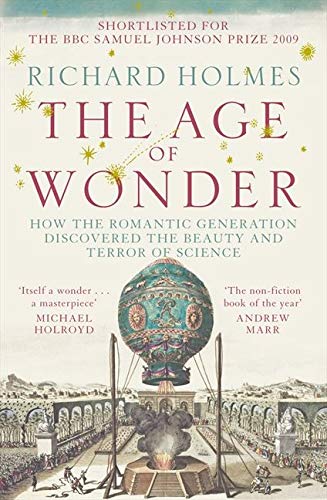

This is yet another archival post (and there are many, many more to come!). Slightly updated on being transferred here. Probably first wrote this over a decade ago!? I was prompted to get it posted here having just read Burke’s Polymath. There seemed to me some overlap/relation.
The Darwin bicentennial (2009) got me reading much more about science, scientists, and all sorts of similar related stuff, for which I’m extremely grateful.
After an orgy of Darwin related reading and viewing, I felt I needed to broaden my horizons, so I bought this. It’s a real tour de force, and makes for very compulsive reading. I was barely able to put it down to perform basic functions like eating and sleeping.
My favourite chapters were those that featured the Herschels, William and his sister Caroline. I love the idea of the ‘Renaissance Man’ (or woman, for that matter), or polymath. In my own humble way I work in several fields, as writer, musician and artist. I make no claims to excellence in any of these fields, nor pretend to compare myself with people like William Herschel, who was an accomplished musician, composer and teacher, as well as becoming one of the world’s leading astronomers and cosmologists.
But I do find the energy and industrious enthusiasm of people like him, his sister, and many others detailed in this superb book, enormously inspiring. Reading about Herschel’s obsessive casting, grinding and polishing of his mirrors, the construction of his ever larger telescopes, not to mention the drama of Caroline’s own discoveries, or her terrible injury sustained whilst working in the dark (you’ll have to read the book to find out what happened, but it makes me wince just to recall it), was truly exciting.
When I was at school the sciences seemed extremely drab. The more I educate myself about science, the more I realise what an amazing branch of human inquiry it is. This book helps capture the vibrant energy, the multifarious voraciousness for knowledge and understanding – not to mention the wonderful state of awe-inspired humility, almost a sublime trembling, if you will, in the face of nature and our experience of it (this latter part is what the books subtitle conveys; a little melodramatic perhaps, but it does convey how exciting it all is) – that lie at the roots of scientific inquiry.
Well done Mr Holmes: I’ll certainly be seeking out more of your work!
